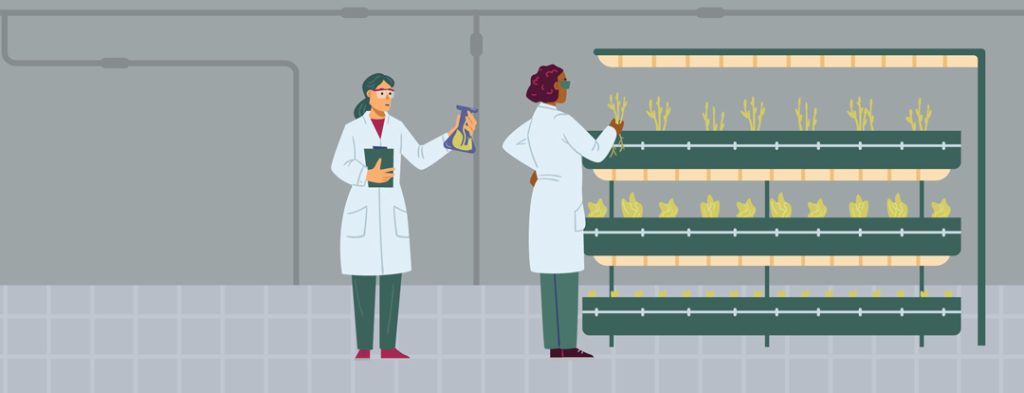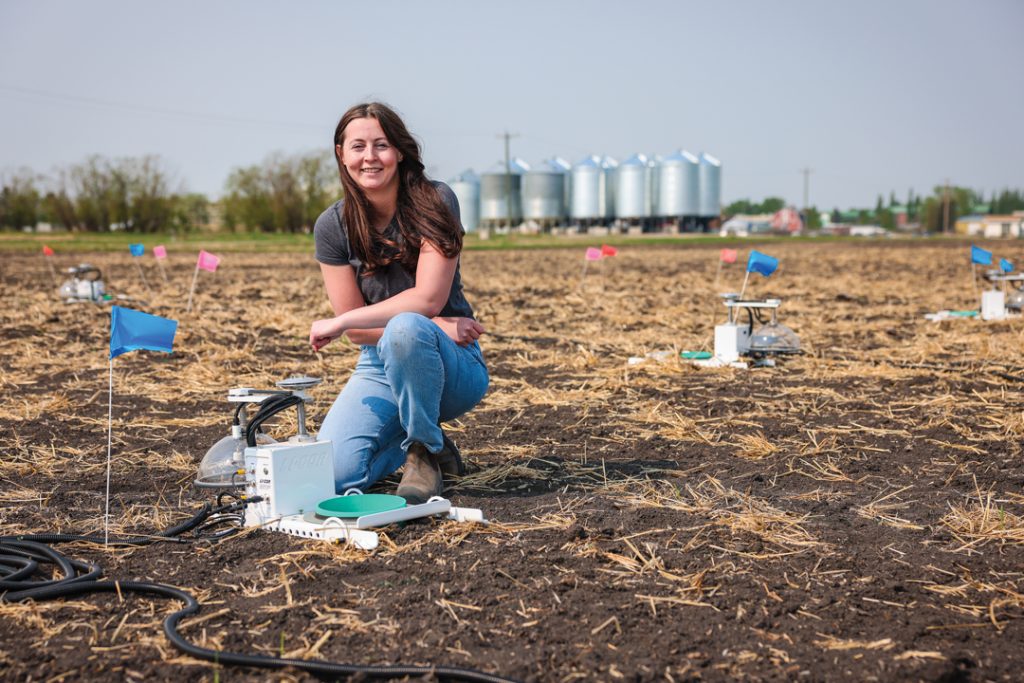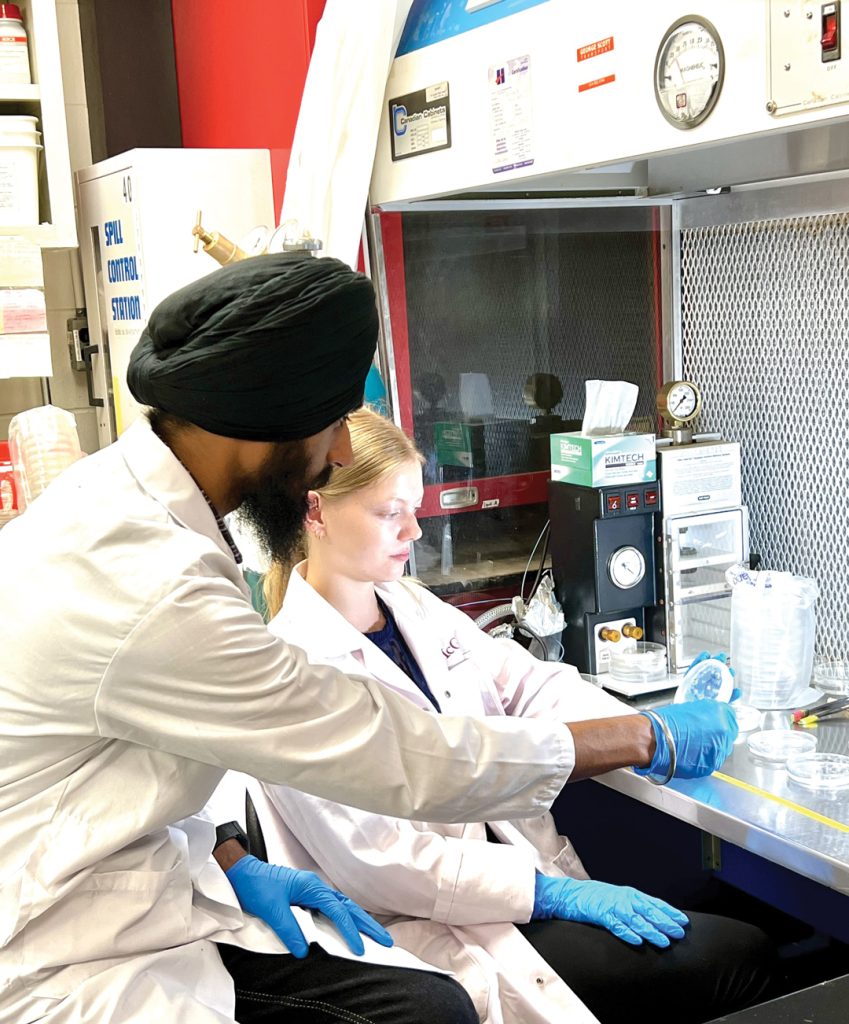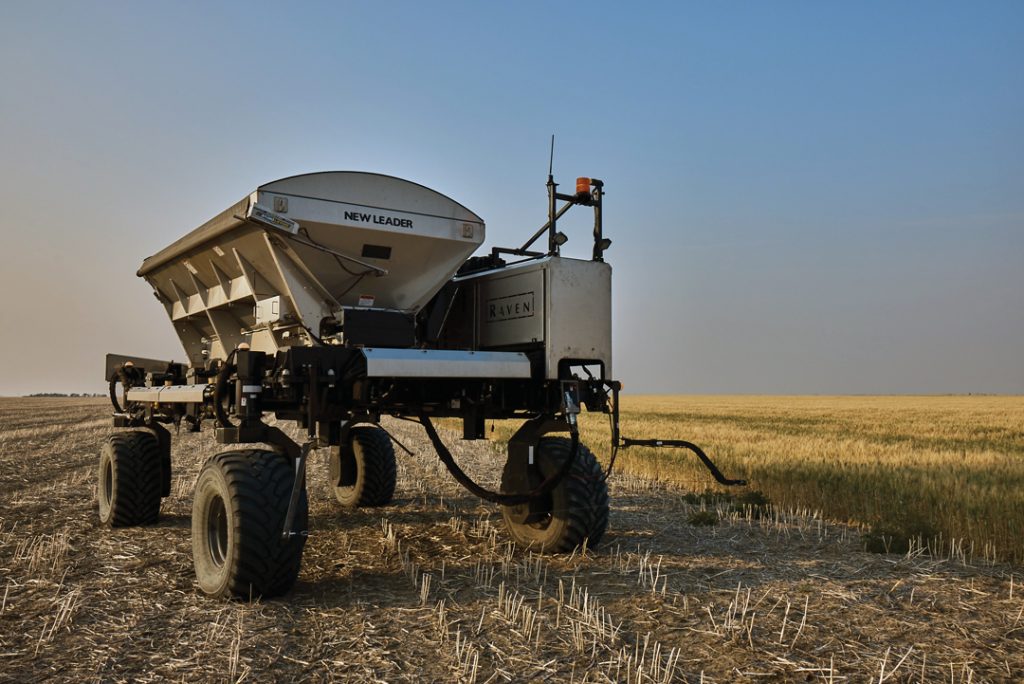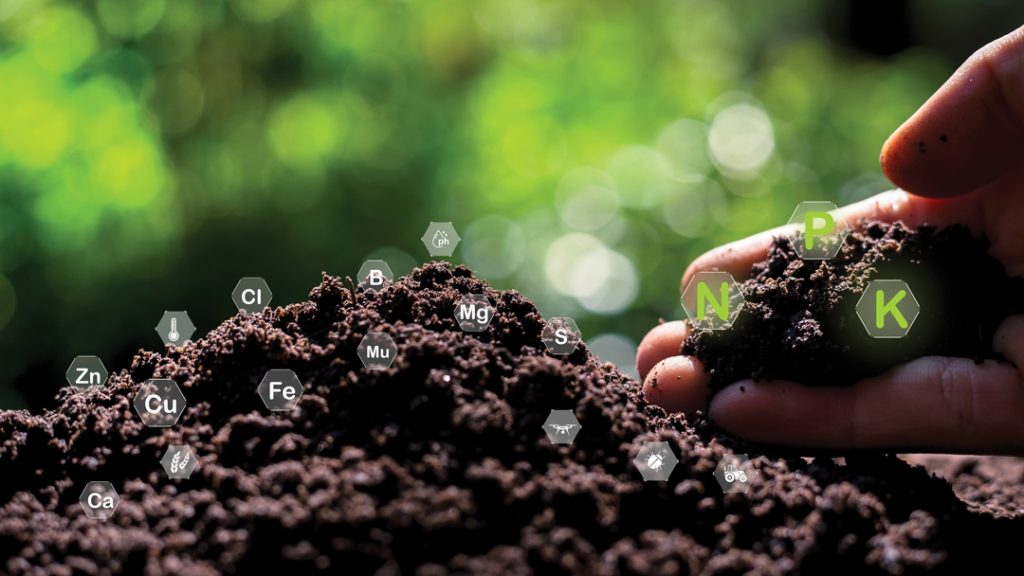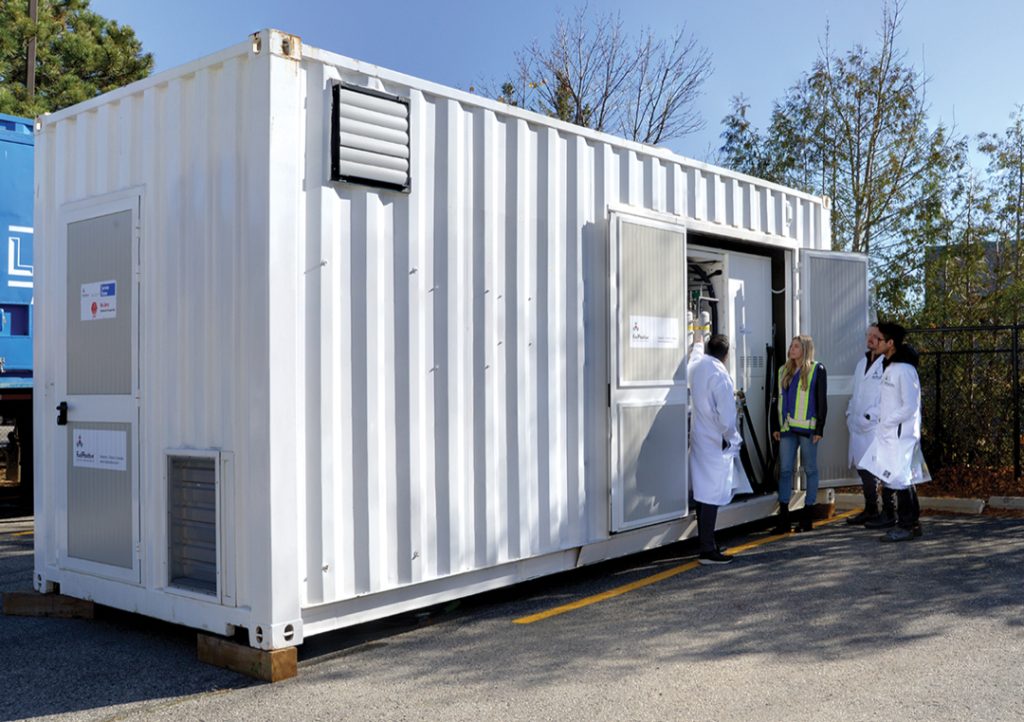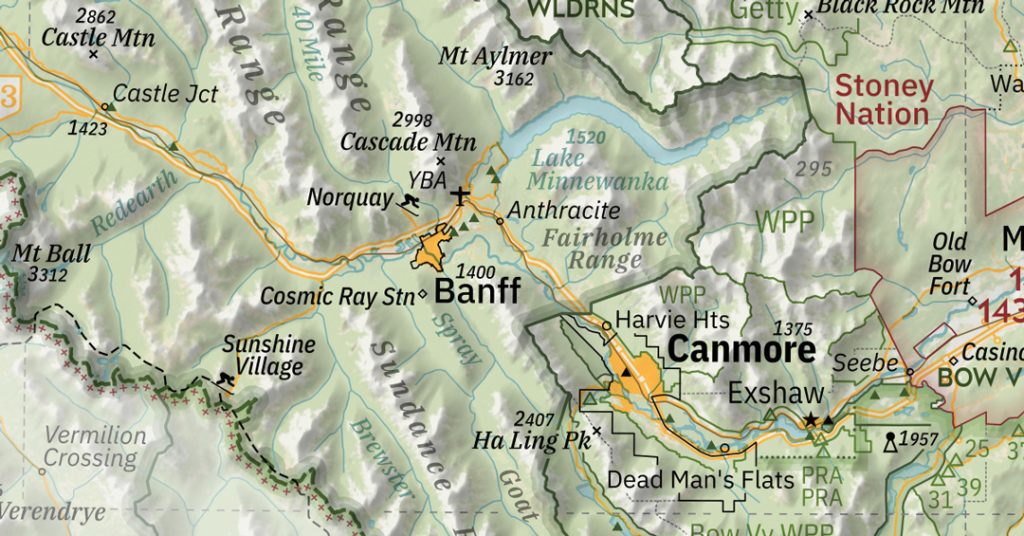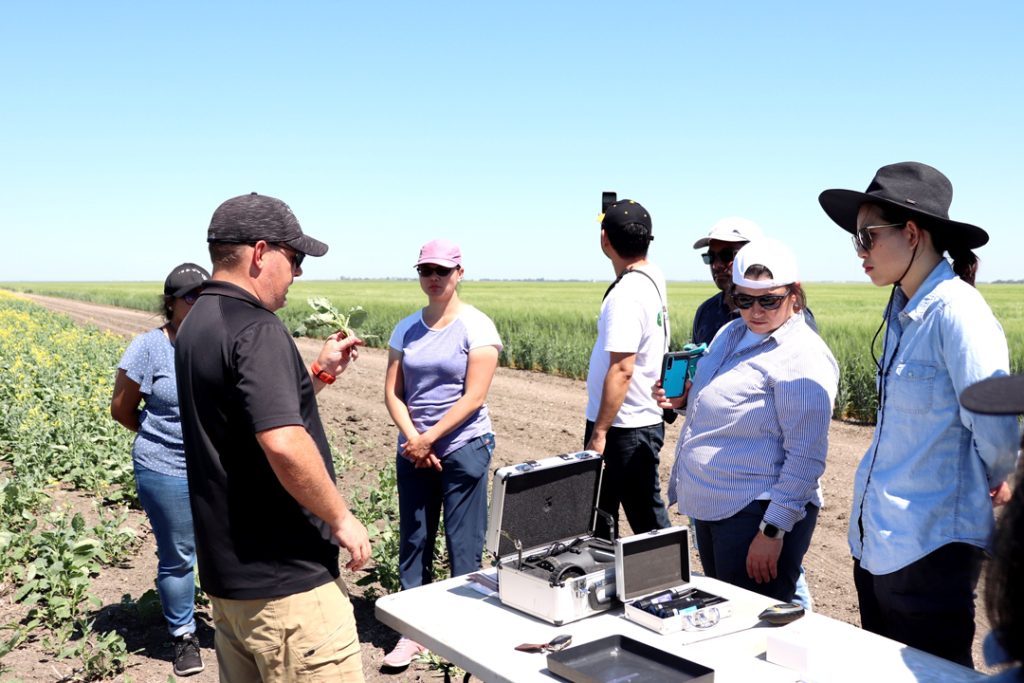VARIETY SHOW
Whether it’s pernicious pests, an unpredictable climate or increasing costs, threats to cereal crops constantly evolve. To build and maintain a sustainable system for cereal production in Canada requires the ability to adapt. There are few better examples of adaptability in agriculture than the efforts made by plant breeders to assist farmers.




